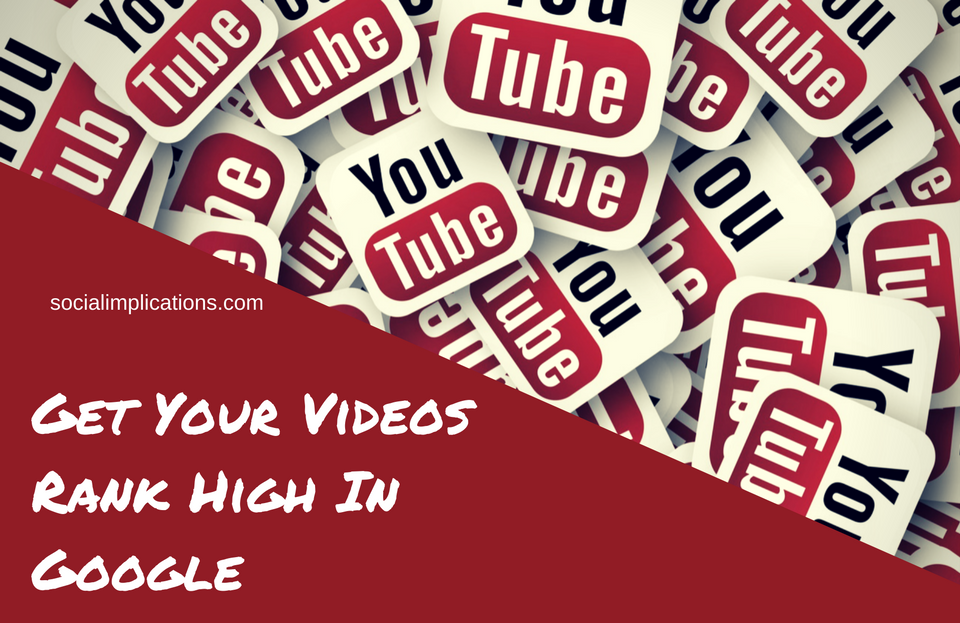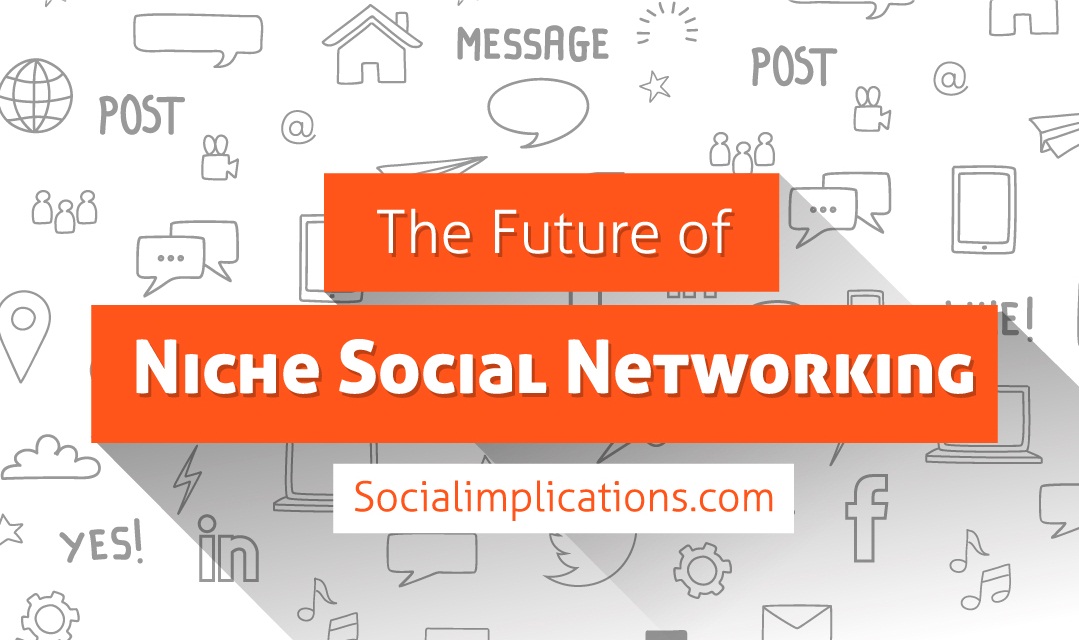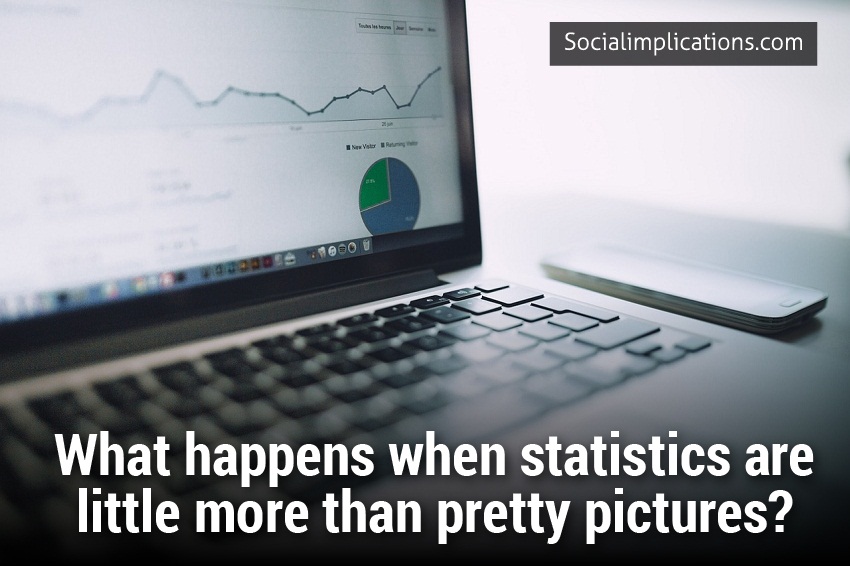Before social media, almost everyone relied on the major media for news. What they saw on television and in the movies, or heard on the radio, or read in magazines and newspapers became their reality.
Few realize how much major media conditions what we believe –
or know how few companies control almost all of what we see.
The early Internet allowed the minority with strong research skills to find information that rarely ever came to light elsewhere. They could share it via email with others or build a site that others who knew where to look could find it – but most people would still never see it.
Social media changed all that because through social networks, alternative viewpoints now reach a wider audience and can easily be spread to friends, family, co-workers and even strangers – all with the click of a mouse.
Even more importantly, when someone you know shares a
new idea it is far more likely to be given serous consideration.
The social implications of this worldwide sharing of alternative viewpoints are immeasurable! Those who use social media have opportunities we have never had before.
How the Internet is Changing the World:
Social Media Changes:
- Even those who think they don’t use the Internet are or will be – because what they access on their smart phone IS the Internet. There is HUGE growth in apps for smart phones.
- People who never interacted with anyone outside their neighborhood may now have friends around the world.
- Awareness of issues the media never covers has grown astronomically.
Ironically, connecting online has taught us what
we are missing in life: relationships and community!
How are YOU Using Social Media?
Are you supporting causes or sharing your favorite local businesses? Do you have plans to make the world a better place? Make a living? Create deeper relationships? Keep in touch with friends and family?
Tell us in the comments. We want to hear from you.















I am going to give a presentation in English class which is about the influence of social media… And i find it difficult to find some data to support me. Could u help with it ?
Thanks a lot …Looking forward to ya
Yangyi, if you start with some basic thoughts on how social media influences or impacts the world, you should be able to find stats pretty easily. Your topic just sounds a bit too broad right now. For example, you might look at the role social media played in recent elections around the world and search for statistics by country. Or you might look at the role social media played in spreading news and gathering donations during recent natural disasters. I think if you narrow down your focus to a few key points that you want to make, you’ll have an easier time finding data to support your claims. 🙂
Thanks for replying, Jennifer. Somehow I didn’t see this comment until now. Yangi, if you haven’t given your presentation already I can help you out with statistics. I have access to Statista.com and thousands of saved links and notes.
Jennifer gave you some excellent advice to choose something specific that benefited from social media. Examples are the best way to explain the impact and find supporting documentation. Here are some other ideas: elections, Hurricane Sandy, the war in Gaza, the Occupy Movement, or the use of social media for crowdfunding (to raise money for individuals, good causes, or business startups) using sites like IndieGoGo and Kickstarter).
A related topic would be how bloggers use social media to spread important news or raise awareness. That is true both for major sites with many writers and independent blogs.
That last bit is an excellent point. These days social media can break stories faster than traditional news sources (like citizens tweeting about civic unrest or people sharing photos via social media as major news is unfolding). That certainly has it’s good side. But it can also negatively impact the way news is reported overall by substituting well-researched news stories for instant gratification. The reality often falls somewhere in the middle.
Yes, there have been some major inaccuracies that have gone viral. Some were intentionally created by individuals and got past the largest blogs which are often in a hurry to be first to cover something new. Verifying is critical – not always so easily done but critical.
That said, the major media is tightly controlled regarding what they are allowed to report and frequently very biased in their reporting. Without independent bloggers the truth about what is going on in the world would be much harder to get out.
It is up to serious bloggers to be as accurate as humanly possible and to be wise. Major social networks often censor what we share and few will ever be the wiser – so we have to be even more clever if we want our messages to be seen. I wrote about that issue in these posts:
When sharing we need to verify where our tweets and shares are visible and to whom by using secondary accounts and searching. Often we can see our content or find it using search, but no one else can. If that happens, be creative. Change the words. Omit what is being censored. Stop using the hashtag on Twitter that is being blocked. And keep sharing what is important.